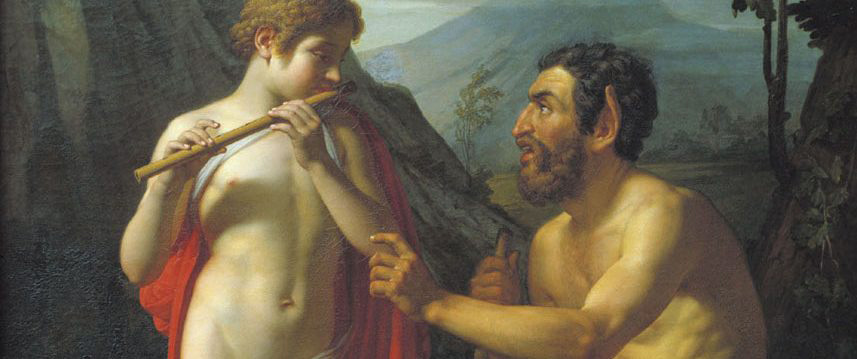Long, Christopher P. “Socrates and the Politics of Music: Preludes of the Republic,” Polis 24, no. 1 (2007).
At least since the appearance of Aristotle’s Politics, Plato’s Republic has been read as arguing for a politics of unity in which difference is understood as a threat to the polis. By focusing on the musical imagery of the Republic, and specifically on its compositional organization around three “preludes,” this essay seeks an understanding of Socratic politics that moves beyond the hypothesis of unity.
In the first “prelude,” Thrasymachus and his insistence that justice is the self-interest of the stronger threatens to subject the harmony of the community to the tyrannical whims of the individual.
In the second, the perfected justice of Adeimantus’s city threatens to destroy the erotic rhythm of difference that is the very condition for the possibility of the polis.
It is only in the song of dialectic, which itself is called a “prelude,” that the tension between the rhythm of plurality and the rational homophony of unity is dynamically tuned in such a way that both the anarchic politics of self-interest and the totalitarian politics of rationalized oppression are equally muted. This conception of politics is embodied in the relationship that emerges between Glaucon and Socrates. Ultimately, the true political community is established here, between rational, erotic individuals seeking justice in concrete, living dialogue.
Polis has generously allowed me to make the full text of this article available in my Humanities Commons repository:
Socrates and the Politics of Music: Preludes of the Republic

